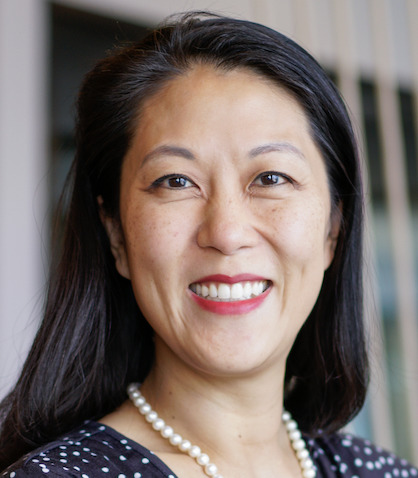
A recent Ziegler study found that 70% of senior living organizations likely would have CEOs retiring in the next five years. Recognizing the tectonic shifts in aging in the coming years, one such organization, Eskaton, embarked on its CEO succession planning in 2021 with a study.
Internal executives, board members and external industry thought leaders — a total of 30 people — were asked about what the aging services field will look like in 10 years, as well as what skill sets will be vital for a CEO for their organizations to thrive a decade from now.
We used these data to surface five critical CEO skills for the future of the senior living and care industry. We conclude that in an ever-more volatile environment, all successful leaders must speak a variety of stakeholder “languages” and balance operational chops with agile strategic thinking.
The five key skills amount to knowledge and capabilities in a widening set of concentric circles:
- Personal depth. The successful leader of the future has to start with himself or herself. Gone are the days when thin-skinned executive directors could bark commands from behind their desks and presume they knew best. In a faster, flatter, fairness-focused era, leaders must move from being know-it-alls to learn-it-alls, empower and collaborate with employees to increase agility, and acknowledge their own privilege and blind spots to build diverse, inclusive, high-performing organizations.
- Operational savvy. Moving one level away from the self, CEOs in the future will need to have an operating understanding of their own organizations. This does not mean living in the daily weeds. Instead, they must be secure enough to hire people smarter than themselves in all functional areas. With workforce as a top industry issue, CEOs must monitor and innately understand metrics, including customer and staff experience, staff turnover, and diversity and inclusion. And they must be able to communicate in inspiring, effective ways with everyone from the chef to the nursing assistant to the finance whiz.
- Industry awareness. Extending beyond their own organizations, successful aging services CEOs in the future must be attuned to key industry trends, including consumers wanting more “aging in place” and “hospital at home” options. They must be smart about navigating consolidation in aging services and the potential for partnerships between housing and healthcare providers bifurcated in a fee-for-service versus value-based world. All of this industry insight will be vital for setting strategy — and being able to modify it on the fly.
- Government smarts. The laws and regulations that affect aging services — and could touch it in the future— also have to be on the minds of successful CEOs. Aging services CEOs cannot ignore the “sausage-making” in Washington, D.C., and in their state capitols, as federal Medicare, Social Security, Housing and Urban Development and state Medicaid programs face pressures. On issues ranging from payments to nurse-staffing ratios, rapidly changing legislation is poised to dramatically reshape aging services. Here again, leaders must demonstrate their multilingual talents, arguing their case for wise regulations in fluent policy-speak.
- Megatrend acumen. It won’t be enough for the aging services CEO of the future to be a highly developed individual, to have a good handle on their own organizations, to understand the long-term care industry overall and to navigate new government policy. They also will have to pay attention to broader changes taking place in business, in technology and in society. They will need to anticipate and adjust to tech innovations and consumer demands, driven by artificial intelligence advances, increased transparency into company operations and expectations of businesses to take a stand on equity and social justice matters.
We admit it — mastering these five skills is a tall order. And we realize that our list might be misused in a quest for the perfect candidate who checks every box imaginable. On the contrary, our conclusions point to the need for a CEO with the right mindset and “multilingual” abilities rather than the longest resume. They point to someone able to see through a variety of lenses — those concentric circles mentioned above — and able to speak in multiple vernaculars.
If our organizations can find these context-conscious, highly skilled communicators, then we’ll be in good hands in the coming decade.
Jacquelyn Kung, DrPH, MBA, is chief executive of Activated Insights, a technology and data firm in senior living and care. She is on the board of Eskaton.
Robert G. Kramer is the founder of Nexus Insights, a think tank advancing the well-being of older adults, and co-founder and former chief executive of the National Investment Center for Seniors Housing & Care.
Ed Frauenheim is co-author of several books on organizational culture, including A Great Place to Work for All.
The opinions expressed in McKnight’s Senior Living guest columns are those of the authors and are not necessarily those of McKnight’s Senior Living or its editors.




